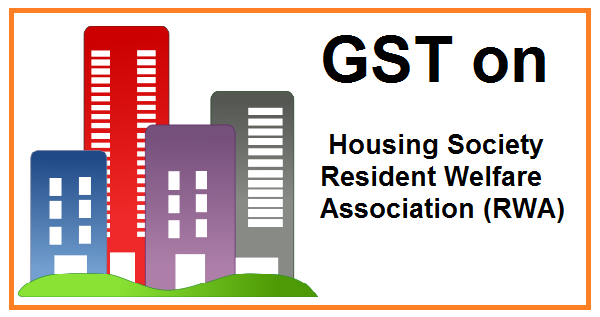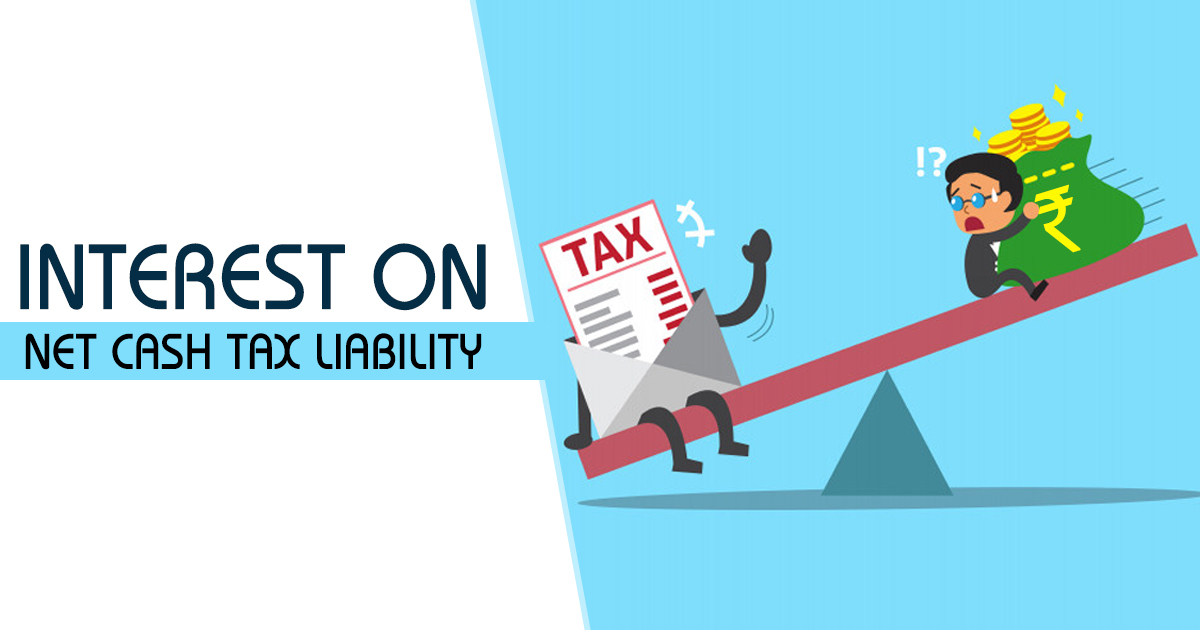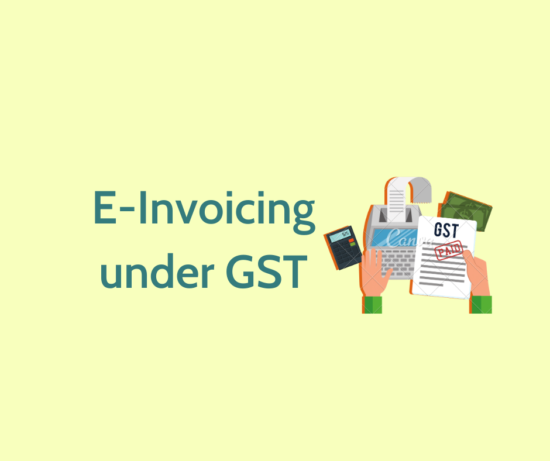The Karnataka Authority for Advance Rulings (AAR) has in its recent ruling held that contributions collected from members of a co-operative housing society (CHS) / RWA towards a sinking fund meant for the future upkeep of the society are subject to GST @ 18%.
It further held that the GST levy would be triggered upon receipt of the amount from the members and not in the future when the sinking fund is actually utilised, such as for painting of the building and common areas, or replacement or repairs of assets such as lifts or generators.
Facts of the Case:
- The applicant M/s Olety Landmark Apartments is a non-profit making RWA formed by individual apartment / flat owners for the purpose of maintaining and managing the common areas and facilities in the condominium.
- In addition to the regular maintenance , they are also required to undertake periodic up-keep of structure of the building by painting the exterior / common areas , replacement / repair of major equipment such as lifts , generators etc for which they collect certain amount towards ‘Sinking Fund”.
Issue on which Ruling was sought:
M/s Olety Landmark Apartments the RWA had approached the AAR to ascertain whether it is liable to pay GST on the amounts which it collects from its members towards the sinking fund (also termed as corpus fund).
Contention of the Applicant:
The basic foundation of GST is that it is a tax on the ‘supply’ of goods or services. The CHS / RWA was collecting contributions from its members towards the sinking fund as it was required to do so under the bylaws (statute), it stated in its submissions.
The RWA contended that the amounts collected towards the sinking fund are in the nature of a ‘deposit’ for future planned or unplanned events and not for the purpose of supplying any goods or services. Thus, the sums collected for this purpose should be outside the GST ambit. It explained that the accounts of the sinking fund are maintained separately and the funds will be utilised for the specific purposes and not for regular maintenance activities.
Ruling of AAR on GST on RWA:
The AAR distinguished between a ‘deposit’ and an ‘advance’. It held that an amount that is not returnable to the members cannot be termed as a deposit.
It also stated that the bylaws of the CHS were silent on whether the amounts so collected are refundable. Hence, the contributions are undoubtedly advances for future supply of services to the members and are not deposits. While several indirect tax experts are of the view that even if the sinking fund contributions are to be treated as an advance, the GST levy should be triggered only at the time of utilisation of the fund.
However, the AAR held that the GST is triggered on receipt in view of the time of supply as determined under Section 13(2)(a) of the CGST Act, 2017. In other words, the applicant RWA would have to collect and pay GST against the contributions to the sinking fund. The AAR held that said services are taxable @ 18% in terms of Sl. No 33 of Notification No. 11/2017-Central Tax (Rate) dated 28-6-2017, as amended.
It may be noted here that though the advance rulings are binding on the applicant and the tax department, they do have persuasive value in assessments.
Also Read: GST on Resident Welfare Associations
Follow us for free tax updates : facebook Twitter
***
Subscribe our portal and get FREE Tax e-books , quality articles and updates on your e-mail.
Resolve your GST queries from national level experts on GST free of cost.
Frah Saeed is a law graduate specializing in the core field of indirect taxes and is the Co-founder of taxwallah.com. She has authored many publications on GST and is into full-time consultancy on GST to big corporates. She as a part of taxwallah.com heads a team comprising of Chartered Accountants and Advocates and plays a key role in our mission to disseminate GST knowledge to all.




